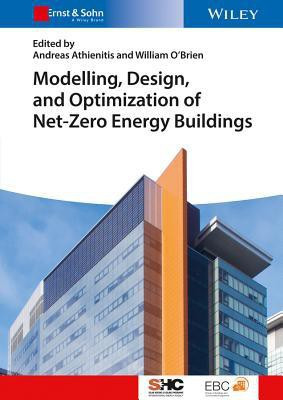Modeling, Design, and Optimization of Net-Zero Energy Buildings(English, Hardcover, unknown)
Quick Overview
Product Price Comparison
Building energy design is currently going through a period of major changes. One key factor of this is the adoption of net-zero energy as a long term goal for new buildings in most developed countries. To achieve this goal a lot of research is needed to accumulate knowledge and to utilize it in practical applications. In this book, accomplished international experts present advanced modeling techniques as well as in-depth case studies in order to aid designers in optimally using simulation tools for net-zero energy building design. The strategies and technologies discussed in this book are, however, also applicable for the design of energy-plus buildings. This book was facilitated by International Energy Agency's Solar Heating and Cooling (SHC) Programs and the Energy in Buildings and Communities (EBC) Programs through the joint SHC Task 40/EBC Annex 52: Towards Net Zero Energy Solar Buildings R&D collaboration. After presenting the fundamental concepts, design strategies, and technologies required to achieve net-zero energy in buildings, the book discusses different design processes and tools to support the design of net-zero energy buildings (NZEBs). A substantial chapter reports on four diverse NZEBs that have been operating for at least two years. These case studies are extremely high quality because they all have high resolution measured data and the authors were intimately involved in all of them from conception to operating. By comparing the projections made using the respective design tools with the actual performance data, successful (and unsuccessful) design techniques and processes, design and simulation tools, and technologies are identified. Written by both academics and practitioners (building designers) and by North Americans as well as Europeans, this book provides a very broad perspective. It includes a detailed description of design processes and a list of appropriate tools for each design phase, plus methods for parametric analysis and mathematical optimization. It is a guideline for building designers that draws from both the profound theoretical background and the vast practical experience of the authors.


